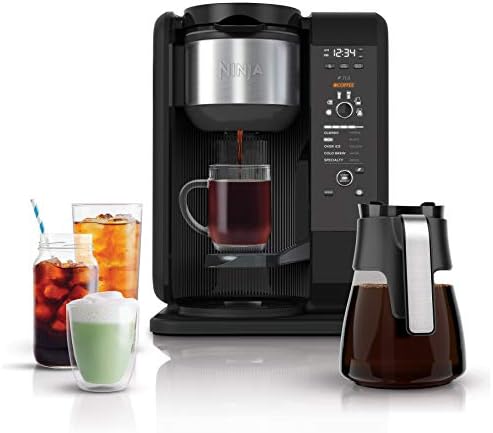A Comprehensive Comparison Between Android and iOS
In the world of smartphones, two operating systems reign supreme: Android and iOS. Both have loyal followings, unique features, and strong points, making choosing between them a matter of personal preference. Let’s delve into a detailed comparison to help you decide which one suits your needs better.
1. User Interface: Android offers a more customizable user interface, allowing users to tweak almost every aspect of their phone’s appearance and functionality. iOS, on the other hand, provides a clean and intuitive interface with less room for customization.
2. App Ecosystem: The Google Play Store boasts a vast selection of apps, including many free options, while the Apple App Store is known for its strict app approval process, resulting in a curated selection of high-quality apps.
3. Security: iOS is often touted as more secure due to its closed ecosystem and stringent app review process. Android, being more open-source, is considered more vulnerable to malware, although Google has made significant strides in improving security.
4. Device Options: Android offers a wide range of devices from various manufacturers, catering to different budgets and preferences. iOS, however, is exclusive to Apple devices, offering a more limited but consistent user experience across all devices.
5. Customization: Android allows for extensive customization, from widgets on the home screen to third-party app launchers. iOS, while more restrictive, offers customization options through widgets and app icons.
6. Updates: iOS devices receive regular and timely updates directly from Apple, ensuring the latest features and security patches. Android updates, however, can be fragmented due to the multitude of manufacturers and carriers involved in the process.
7. Integration with Other Devices: Apple’s ecosystem, including MacBooks, iPads, and Apple Watches, offers seamless integration and continuity features that Android devices may not match.
8. Voice Assistants: Both Android (Google Assistant) and iOS (Siri) offer voice assistants with varying degrees of functionality and integration with other apps and services.
9. Cost: Android devices are available at various price points, including budget-friendly options, making them more accessible to a wider audience. iOS devices, particularly iPhones, are generally more expensive but are known for their premium build quality and performance.
10. Accessibility Features: Both Android and iOS offer a range of accessibility features, such as screen readers, magnification gestures, and voice commands, to cater to users with different needs.
In conclusion, the choice between Android and iOS ultimately boils down to personal preference and specific requirements. Android offers more customization and device options, while iOS provides a more secure and integrated ecosystem. Whichever you choose, both operating systems continue to evolve, offering innovative features and improved user experiences with each update.









